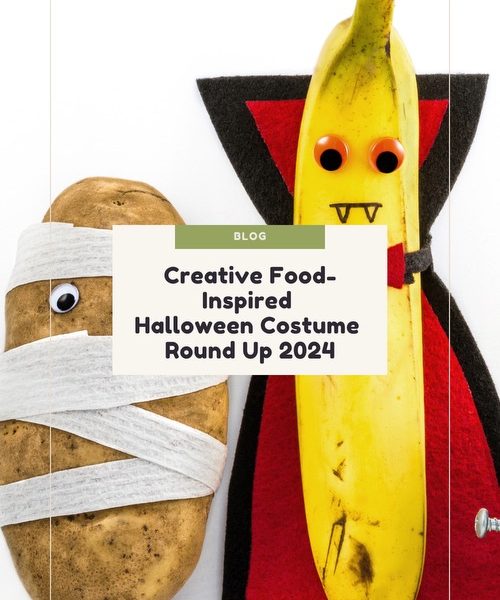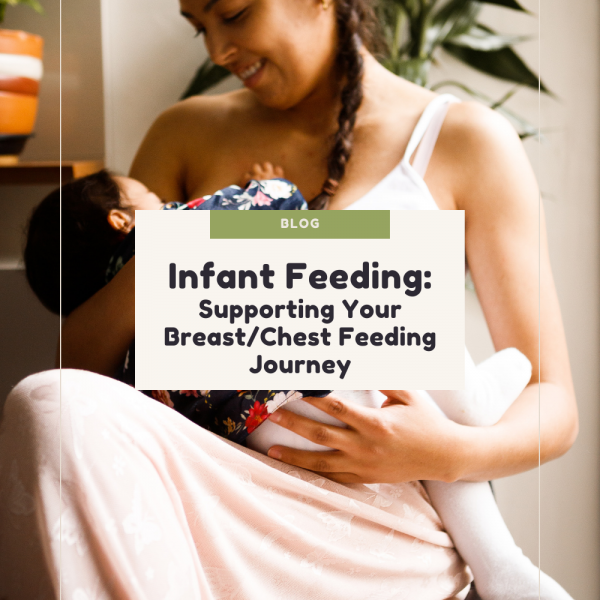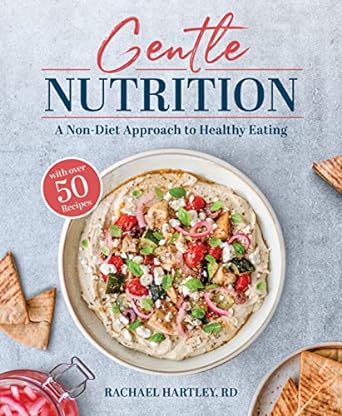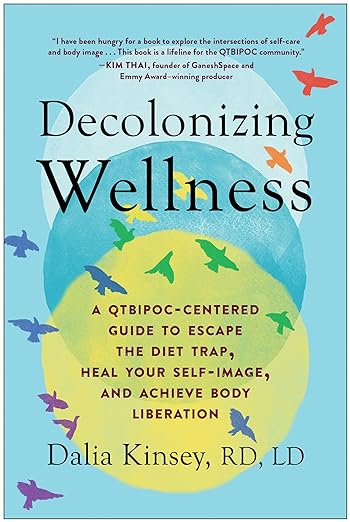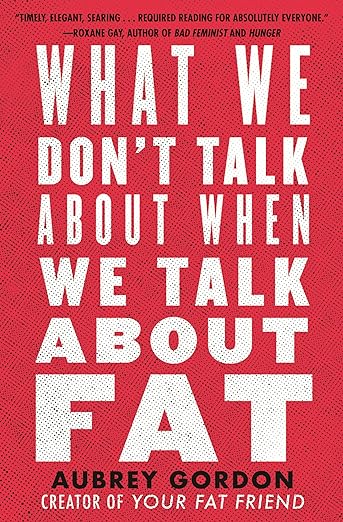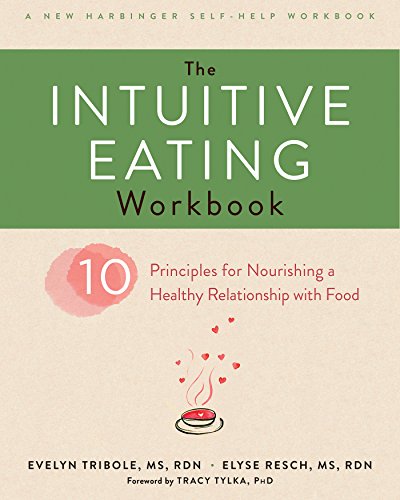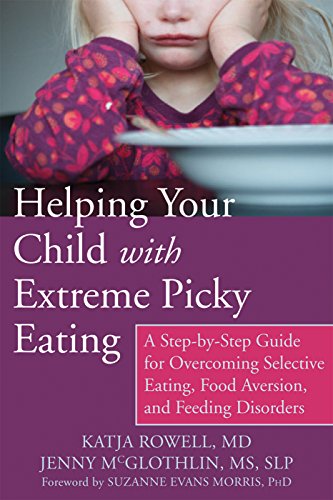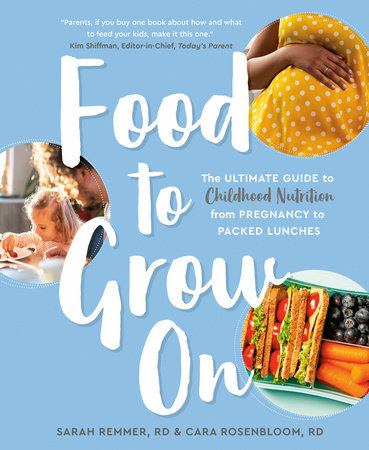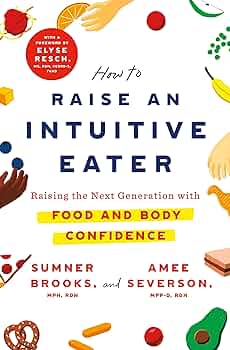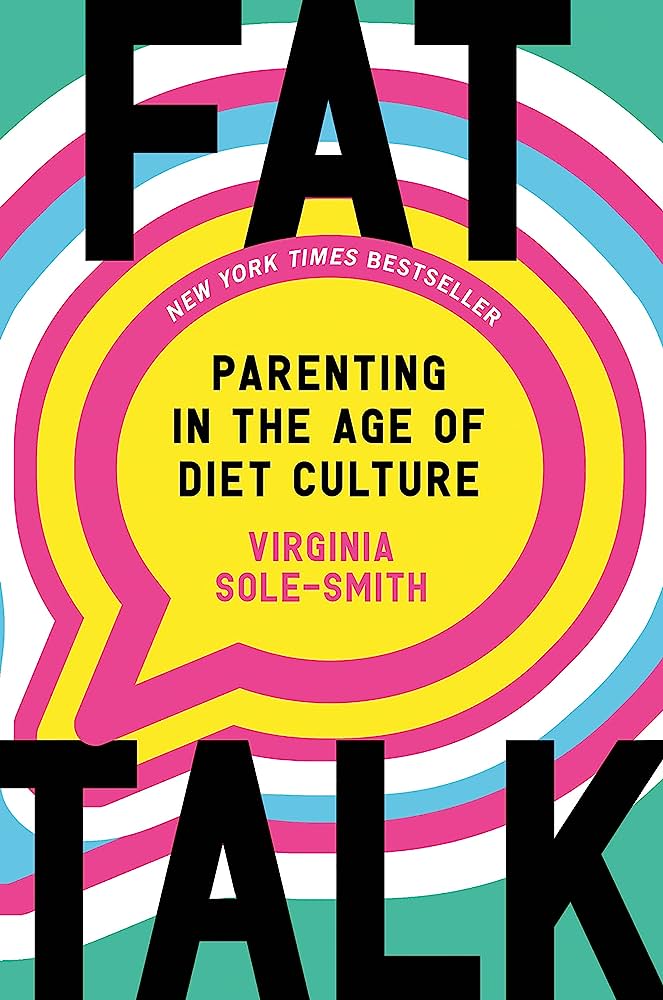Feeding Your Baby
Welcome to the world of infant feeding. A new baby can be a joyful time and also challenging as you navigate postpartum and everything that goes with it. This article aims to enhance your knowledge of these signals, helping you respond and fostering a smoother feeding experience for both you and your little one.
Takeaways
- Feeding on demand means responding to your baby’s natural hunger signals rather than sticking to a strict feeding schedule.
- Recognizing hunger cues like opening their mouth, rooting, or making sucking motions are early indicators that your baby needs to eat, allowing you to meet their needs and establish a feeding routine that feels right for both of you.
- Identifying signs of fullness like turning head away, becoming distracted, or slowing sucking pace can indicate that your baby has had enough to eat.
- Ensuring adequate nutrition through indicators like diaper output, regular stool patterns, and steady growth.
- If you’re struggling or have any concerns for your baby or your own wellbeing, seek professional support.
What is “Feeding on Demand”?
Feeding on demand means responding to your baby’s natural hunger signals rather than sticking to a strict feeding schedule. Newborns have small stomachs and need to eat frequently, typically every 1-3 hours, which amounts to about 8-12 feedings in a 24-hour period. That’s a lot! As your baby grows, they will be able to eat larger amounts of milk and go longer between feedings. While it can be difficult to establish a routine in the early days, learning to recognize your baby’s hunger cues will help you determine when your baby is ready to feed and adapt as their appetite changes over time.
Recognizing Hunger Cues
Learning to identify when your baby is hungry can help with responding to baby’s needs and (ideally) reduce some of the stress associated with feeding. Understanding when your baby is full is just as important as recognizing hunger cues and can bring peace of mind to ensure baby’s comfort and satisfaction. Recognizing these signs can help you feel more confident in your feeding decisions and in establishing a responsive feeding routine that works best for both you and your baby.
Signs that your baby is hungry:
- Opening their mouth or yawning: This is often an early hunger cue.
- Rooting: Moving their head side to side and seeking the breast/chest or bottle.
- Sticking out their tongue: A sign they are ready to feed.
- Sucking motions: Making sucking movements with their lips.
- Sucking on their hand or arm: Indicates they are seeking comfort or nourishment.
- Restlessness: Moving their arms and legs or appearing unsettled.
- Nuzzling or moving toward your chest: An instinctive feeding behaviour.
- Reaching for or grasping the bottle: Shows they are ready to feed.
- Crying: A late hunger sign; keeping signs above in mind may alleviate stress with feedings.
Signs that your baby is full:
- Turning their head away: Indicates they are no longer interested.
- Becoming distracted: Losing focus during feedings.
- Slowing down or stopping: Decreasing their sucking pace.
- Closing their lips: Refusing the nipple or bottle.
- Relaxing their body: Settling down and appearing content.
- Playing with the nipple: A sign they are done feeding.
Ensuring Adequate Nutrition
Recognize the signs that your baby is receiving the nourishment they need. By monitoring these signs, you can feel more confident in your baby’s feeding routine and address any concerns early on. Understanding these markers can help you ensure that your baby is healthy and developing well.
How to know if your baby is getting enough nutrition?
Many signs can help you determine if your baby is getting enough nutrition including:
- Diaper Output: Your baby should have at least 6 wet diapers per day after the first 5 days of life.
- Stool Frequency: Expect 5-10 stools per day by the end of the first week. (This pattern may change after 6 weeks, where even if your baby doesn’t have a stool every day but if your baby is growing, feeding well and comfortable, then this variation is normal)
- Growth and Development: Your baby is growing, gaining weight and meeting developmental milestones. If you don’t have a scale, clothing sizes becoming smaller is another sign.
What if they’re not getting enough?
If you have any concern whatsoever, please seek professional guidance. A professional can assess your baby’s feeding and overall health, identify any potential issues, and provide advice to support your baby’s individualized nutritional needs. Early intervention is important in addressing feeding challenges and ensuring your baby’s well-being.
Feeding Support & Perinatal Mental Wellness
Even with a good awareness of your baby’s feeding cues, you may still encounter challenges. It’s entirely normal to feel uncertain, overwhelmed, or fatigued during this time. Prioritizing postpartum mental wellness is crucial for both your well-being and your baby’s.
Remember, you are not alone—many parents experience similar difficulties. We speak from experience when we say that support from a lactation consultant, postpartum doula, community health nurse, or dietitian can make a significant difference in your feeding journey.
Be kind to yourself. Learning to feed your baby is a process that takes time, and both you and your baby are learning together. Access support from healthcare professionals and connect with other parents for reassurance and valuable guidance. If you’re struggling, please seek support.
Take home message
Your baby will naturally indicate when they are hungry and when they are full. Learning to recognize these cues is essential for newborn care and ensuring your baby’s needs are met.
More Questions?
Check out our other blogs on infant feeding – choosing the right formula and supporting your breast/chest feeding journey.
Looking for more support? Book a complimentary discovery call to discuss how a dietitian may support you and your family’s feeding journey.
Disclaimer
Information provided by our dietitians is for general education and is not medical advice.
